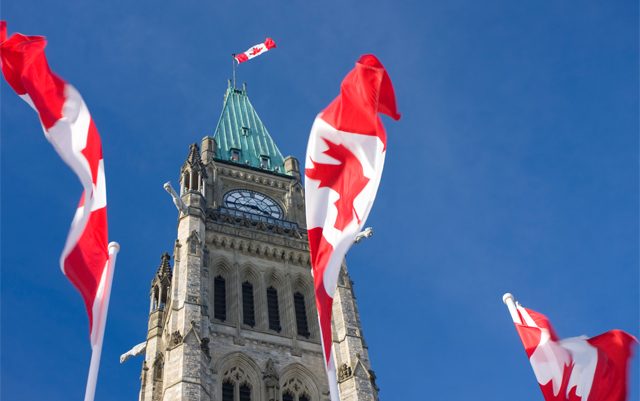Canada’s road to marijuana legalization began in late 2015, after the election of The Liberal Party and Prime Minister Justin Trudeau. For about a year officials worked to create a list of recommendations concerning legalization, which they released in December of 2016. Legislatively, things got moving in the summer of 2017 and there have been several delays since.
Now we are getting reports that even further delay could be a possibility. Three separate Senate committees are calling for amendments to the legalization bill, with the Senate Aboriginal Peoples Committee calling for a delay of up to a year. They want more time for consultations with native peoples and time to consider the 8 amendments they offered on the legislation.
“Indigenous peoples are entitled to a say in how the government implements the legalization of cannabis,” said Senator Lillian Eva Dyck, who chairs the committee. “They have expressed real concerns to us –the potential for increased harmful effects on indigenous communities on the one hand, and the possibility of losing out on economic opportunities on the other. We must address these issues.”
While it’s true that everyone in Canada should get a say on legalization and its implementation, the old saying about “too many cooks in the kitchen” seems fitting in this case. In theory, amendments could be offered and discussions held ad nauseam for years to come. When everyone has to be consulted every step of the way, what is supposed to be representative government degenerates into stagnation.
For his part, Prime Minister Trudeau still sees 2018 as the year he succeeds in passing one of the major planks of his election-winning platform. “We have been working with our partners across the country to make this happen and we are going to be moving forward this summer on the legalization of cannabis,” he said last week. “Obviously, as I’ve said many times, this is not an event, this is a process, and we will continue to work with our partners in the municipalities, in provinces and Indigenous leadership in communities to make sure we’re doing this right and moving forward in a responsible way.”
Another committee – the Senate Legal and Constitutional Affairs Committee – wants to ban home cultivation; the current plan is for adults to be allowed to grow up to 4 plants for personal use. The Canadian Real Estate Association (CREA) has warned that home growing could depress property values and create problems with insurance.
In the end, even the most optimistic of activists in Canada has to admit that Trudeau’s plan for legalization is not a done deal and there is no guarantee it will pass this year.






